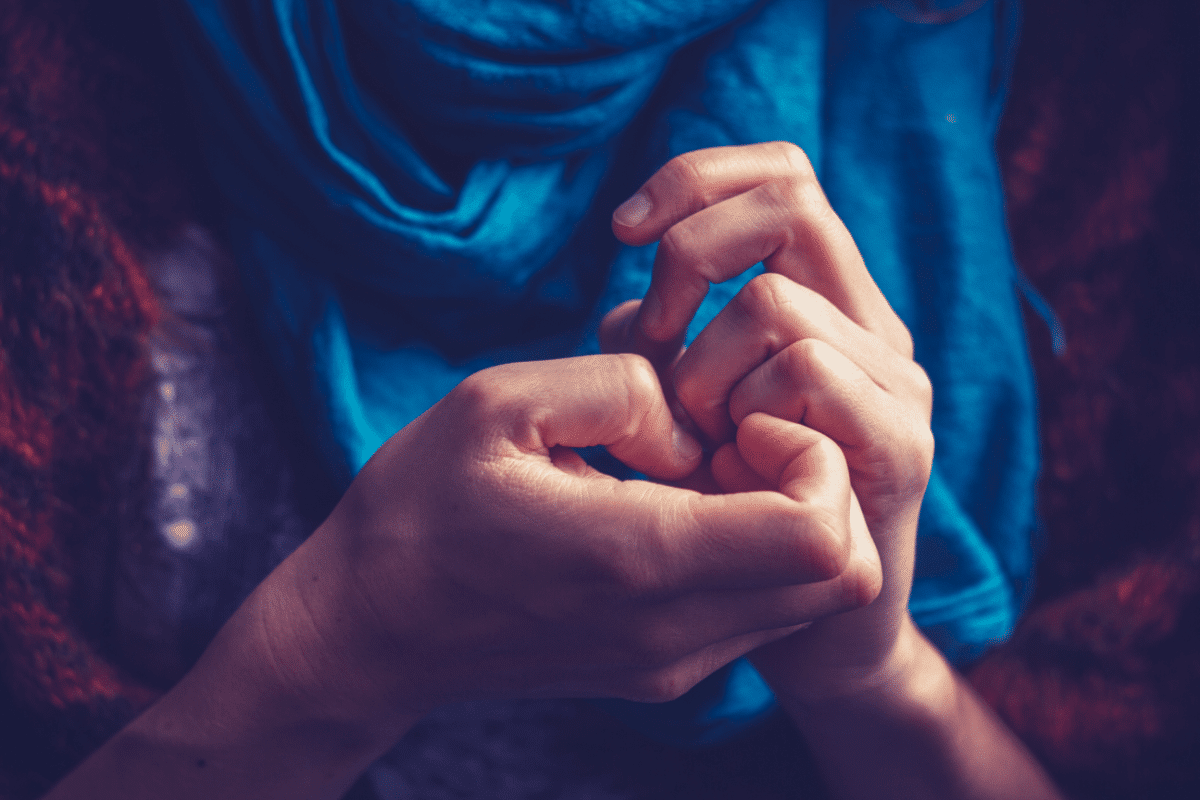Self-harm affects many individuals, and it manifests in various forms. One behavior that often leads to confusion is skin picking. Is skin picking considered a form of self-harm? Or is it something else entirely?
In this blog, we’ll explore what skin picking is, whether it falls under the category of self-harm, and how self-harm is treated.
Arbor Wellness offers premier and luxury self-harm treatment in Nashville, Tennessee.
What Is Skin Picking?
Skin picking, also known as dermatillomania or excoriation disorder, involves repeatedly picking at one’s skin to the point of causing damage.
This behavior often leads to open sores, bleeding, and even scarring. For some, it’s a response to stress or anxiety, while others may do it out of habit or compulsion.
In severe cases, it can be a sign of an underlying mental health condition like obsessive-compulsive disorder (OCD) or anxiety.
Is Skin Picking A Form of Self-Harm?
Yes, skin picking can be considered a form of self-harming when it is done intentionally to inflict pain or damage to oneself.
Self-harm is generally defined as any deliberate act of injuring oneself, often as a way to cope with emotional distress, and skin picking fits this description for many individuals. While some people may pick at their skin unconsciously or out of habit, others use it as a way to manage overwhelming emotions or psychological pain.
It’s important to note that not all instances of skin picking are considered self-harm. Some may be tied to a compulsive need rather than an emotional trigger, but for those using it as a form of emotional release, it is indeed self-harming behavior.
More: Is Self-Harm Addictive?
What Are Other Types of Self-Harm?
Self-harm is not limited to skin picking. There are various ways individuals harm themselves, often as a way to manage feelings they can’t cope with otherwise. Some common types of self-harm include:
- Cutting: Using sharp objects like razors or knives to cut the skin.
- Burning: Applying heat or chemicals to the skin to cause burns.
- Hitting or Banging: Punching oneself or hitting body parts against hard objects.
- Hair Pulling: Pulling out hair, also known as trichotillomania.
- Interfering with Wound Healing: Continuously reopening wounds to prevent healing.
Why Do People Self-Harm?
People self-harm for a variety of reasons, and it’s often a complex response to emotional distress. Some of the most common reasons include:
- Emotional Release: Self-harm can serve as a way to release built-up tension, anger, or sadness.
- Control: Some people self-harm as a way to regain a sense of control when they feel overwhelmed.
- Numbness: Others harm themselves to feel something when they feel emotionally numb or disconnected.
- Punishment: Self-harm can also be a form of self-punishment for those who struggle with feelings of guilt or self-hate.
More: Understanding Why People Self-Harm
How Is Self-Harm Treated?
Self-harm, including skin picking, can be effectively treated with the right combination of therapies and support.
Treatment often focuses on helping individuals develop healthier coping mechanisms for managing emotional distress. Some common treatment options include:
- Cognitive Behavioral Therapy (CBT): This therapy helps individuals understand and change the thought patterns that lead to harmful behaviors.
- Dialectical Behavior Therapy (DBT): DBT teaches skills for managing intense emotions and reducing harmful behaviors like self-harm.
- Medication: In some cases, mental health medication may be prescribed to manage underlying mental health conditions like anxiety, depression, or OCD.
- Group Therapy: Sharing experiences with others who understand can be incredibly helpful for those struggling with self-harm.
- Mindfulness and Stress-Reduction Techniques: Learning to manage stress and anxiety in a healthy way can reduce the urge to engage in self-harming behaviors.
Find Treatment for Self-Harm in Nashville
If you or someone you love is struggling with skin picking or other forms of self-harm, help is available.
At Arbor Wellness, we offer mental health treatment in Nashville to help individuals overcome the underlying causes of self-harm and develop healthier coping strategies. Our experienced team is here to support you through every step of your recovery journey.
Call us now at (629) 217-0164 or verify your insurance to learn more about our self-harm treatment options in Nashville and take the first step towards healing.


















